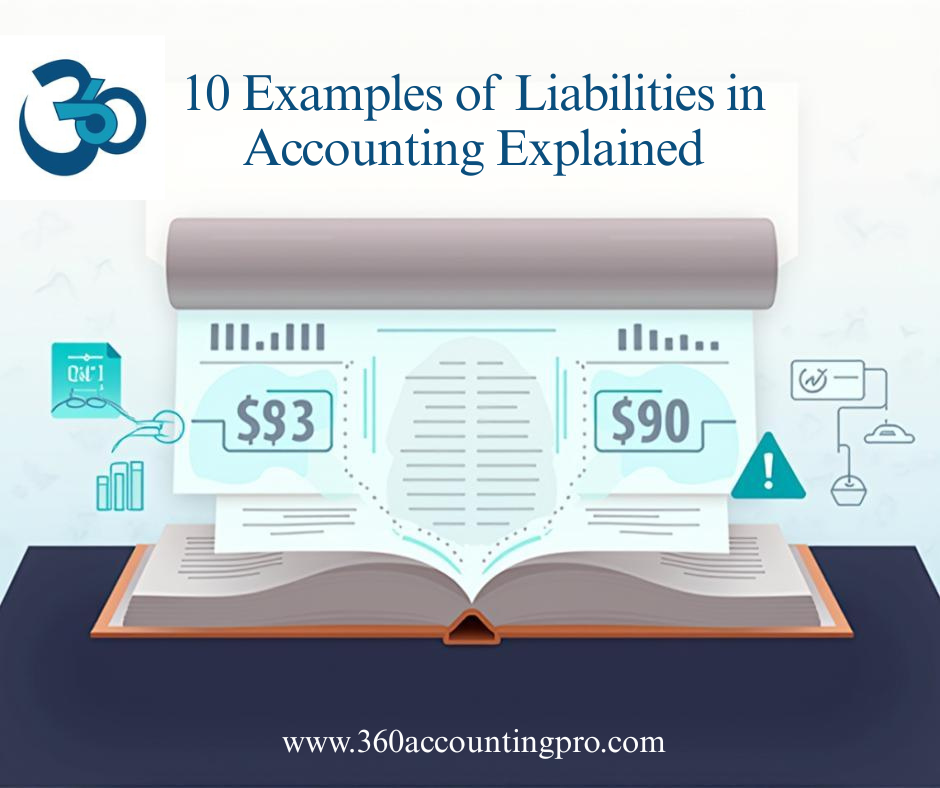
.png)
01-11-23
Financial peace of mind is a state that many of us aspire to attain. It's that feeling of security and confidence that comes from knowing you have control over your financial situation, regardless of your income level. One of the most effective ways to achieve this state is through budgeting and forecasting. In this blog, we will explore the importance of budgeting and forecasting and how these financial management practices can pave the way to financial peace of mind.
The Importance of Budgeting
Budgeting is the process of creating a plan for how you will manage your money. It is not just for businesses; individuals and households can benefit immensely from creating a budget. Here are some reasons why budgeting is the cornerstone of financial peace of mind:
Financial Awareness: A budget forces you to track your income and expenses, giving you a clear picture of where your money is going. It helps you identify areas where you might be overspending and areas where you can save.
Goal Setting: Budgeting allows you to set financial goals, whether it's paying off debt, saving for a vacation, or building an emergency fund. With a budget, you can allocate funds toward your goals and track your progress.
Expense Control: When you have a budget, you are less likely to make impulsive purchases or engage in unnecessary spending. It helps you exercise discipline and control over your finances.
Debt Management: If you have debts, a budget can help you allocate extra funds to pay off your debts faster. It also prevents you from accumulating more debt by helping you stay within your means.
Peace of Mind: Knowing where your money is going and having a plan in place can alleviate financial stress and provide peace of mind. It reduces the uncertainty that often accompanies financial instability.
The Steps to Creating a Budget
Creating a budget involves several key steps:
Determine Your Income: Calculate your total monthly income from all sources, including your salary, investments, side gigs, and any other sources of revenue.
List your expenses. Categorize your monthly expenses into fixed and variable categories. Variable expenses might include groceries, entertainment, and dining out.
Set Financial Goals: Identify your short-term and long-term financial goals. These could include saving for retirement, paying off credit card debt, or going on a vacation.
Allocate Funds: Assign a portion of your income to each expense category, ensuring that your total expenses do not exceed your income.
Monitor and Adjust: Regularly track your expenses and income to ensure you are staying within your budget. Make adjustments as needed to align with your financial goals.
The Power of Forecasting
While budgeting focuses on the present, forecasting extends your financial management into the future. Forecasting involves making educated estimates about your future income and expenses, enabling you to plan ahead and make informed financial decisions. Here's why forecasting is crucial for financial peace of mind:
Anticipating Changes: Life is full of unexpected events, such as medical emergencies, car repairs, or home maintenance. By forecasting, you can anticipate such expenses and allocate funds accordingly.
Investment Decisions: If you're considering investments, forecasting helps you assess how these investments might impact your financial situation in the future. It's crucial for informed decision-making.
Retirement Planning: Forecasting your future income and expenses is essential for retirement planning. It helps you determine how much you need to save and invest to maintain your desired lifestyle in retirement.
Reducing Financial Stress: Knowing what your financial future looks like can significantly reduce financial stress. You can prepare for expected expenses and minimize financial surprises.
The Steps to Effective Forecasting
Here's how you can incorporate forecasting into your financial management:
Assess Your Current Financial Situation: Before you can forecast your financial future, you need to have a clear understanding of your present financial situation. This includes reviewing your budget, debts, and investments.
Estimate Future Income: Consider any expected changes in your income, such as salary increases, bonuses, or additional income sources. Make conservative estimates to avoid overestimating your income.
Project Expenses: List your expected future expenses, including both fixed and variable costs. Account for inflation and any potential increases in expenses.
Create Different Scenarios: Develop multiple financial scenarios, including an optimistic scenario, a pessimistic scenario, and a realistic one.
Monitor and Update: As time passes, regularly review and update your financial forecasts.
Putting It All Together
Budgeting and forecasting go hand in hand and form a powerful combination for achieving financial peace of mind. Here's how you can put these practices into action:
Build a Comprehensive Budget: Start by creating a budget that accurately reflects your current financial situation.
These could include paying off debt, saving for retirement, or buying a home.
Allocate Funds Wisely: Allocate your income to various expense categories, ensuring that you have a plan in place to meet your financial goals.
Regularly Monitor Your Budget: Continuously track your income and expenses. Make adjustments as needed to stay within your budget and maintain financial discipline.
Incorporate Forecasting: Extend your financial management reporting into the future by forecasting your income and expenses. Use this information to plan for expected changes and make informed decisions.
Seek Professional Advice: If you find budgeting and forecasting challenging, consider seeking help from a financial advisor. They can provide expert guidance and help you create a financial strategy tailored to your specific needs.
Conclusion
Budgeting and forecasting are not just tools for managing money; they are the keys to financial peace of mind. By creating a budget and projecting your financial future, you can gain control over your finances, set achievable goals, and reduce financial stress.
Tags :















































.jpg)
.jpg)
.jpg)
.jpg)


).jpg)














 Get A Quote
Get A Quote
Leave A Comment